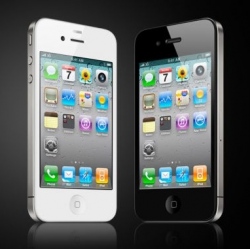
I’ve just been witness to what feels like a modern-day technological miracle. A Smartphone has just been recharged from being nearly out-of-juice to full capacity in less time than it takes to boil a kettle. The Israeli start-up behind the demo, Storedot, has shown off a similar feat before; energy storage based on a new type of battery technology.
But a previous demo posted online eight months ago involved a battery many times thicker than the handset itself as well as an outsized charger, making the tech impractical for real-world use. This time round the phone involved is no bigger than normal, and the charging dock is pretty slim-line as well.
There’s a couple of trade-offs involved, but being able to recharge devices about 100 times faster than at present has the potential to revolutionise the way we use mobile phones, tablets, laptops and wearable tech. Storedot’s ambitions, however, are even larger.
Organic batteries
The BBC is the first to have been shown the new kit, apart from tech industry executives who had to sign non-disclosure agreements. It’s not something that can be retrofitted to existing devices, since most phones would be fried by the 40 amps of electricity the current version of the charger supplies.
It also involves using a completely new type of battery, which contains specially synthesised organic molecules. "We have reactions in the battery that are non-traditional reactions that allow us to charge very fast, moving ions from an anode to a cathode at a speed that was not possible before we had these materials," explains Doron Myersdorf, the company’s chief executive.
The company has a 2017 goal of matching the energy density, the amount of energy stored per kilogram, of its own batteries and the lithium-ion ones commonly found in existing handsets.
